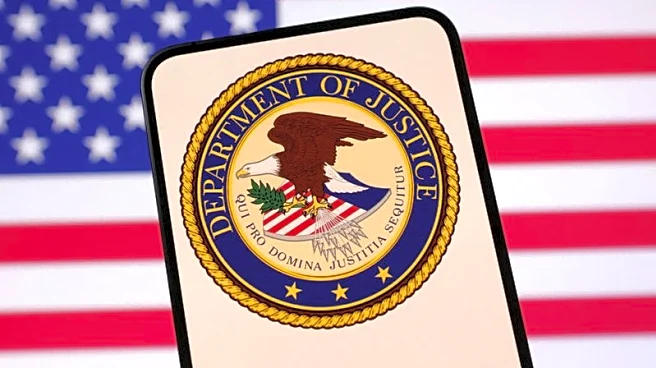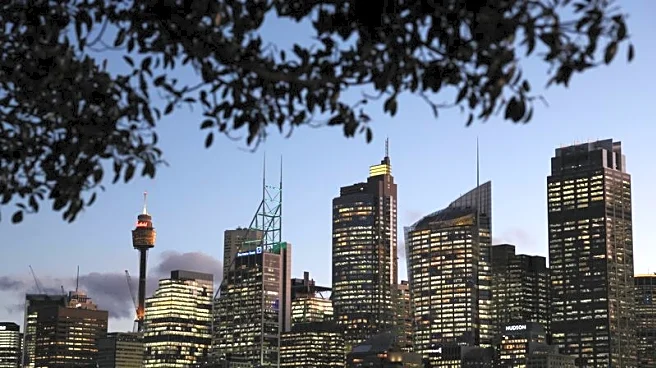Rapid Read • 6 min read
The Democratic Republic of Congo (DRC) has a complex history of colonial rule, dictatorship, and civil war. Declared the private property of Belgian King Leopold II in 1885, the DRC faced reckless exploitation and loss of millions of lives. The country gained independence in 1960, but subsequent conflicts, including Africa's World War, have left its economy and infrastructure in ruins. The assassination of Laurent-Désiré Kabila in 2001 marked a turning point, with Joseph Kabila taking over as president.
AD
The DRC's historical exploitation and conflict have significant implications for its current challenges. The country's rich natural resources remain largely untapped due to ongoing violence and corruption. Efforts to stabilize and develop the DRC require addressing historical grievances and fostering effective governance. International attention and aid are crucial to support long-term peace and development.
Efforts to broker peace and stabilize the region are ongoing, with international organizations and neighboring countries involved in negotiations. The DRC government aims to strengthen its presence and credibility, improve governance, and attract investment to create jobs and restore stability. Continued international support and collaboration are essential to address the complex challenges facing the DRC.
AD
More Stories You Might Enjoy












